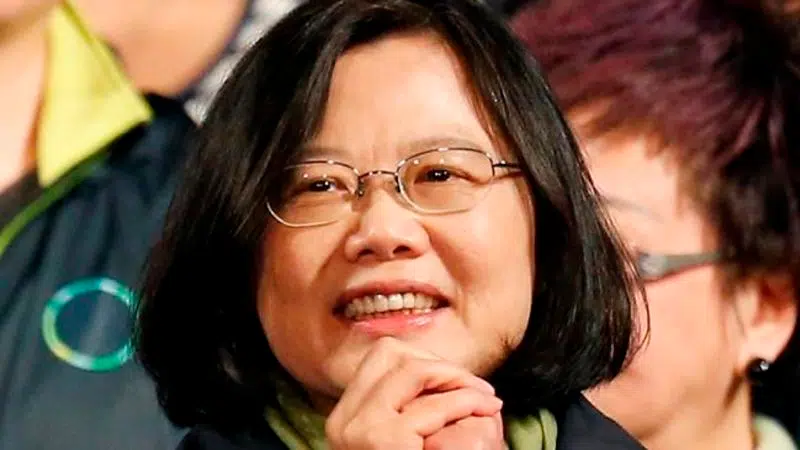
Taiwan leader Tsai gets party nod to run for reelection
TAIPEI, Taiwan — Taiwan President Tsai Ing-wen, a thorn in the side of China’s government because of her pro-independence views, sewed up the ruling party’s nomination Thursday to seek a second four-year term after a tense primary race.
She outperformed her opponent in three days of opinion polling, setting herself up to be named as the Democratic Progressive Party’s candidate in the January 2020 election.
Tsai’s tough stance against Chinese pressure to reunite with the mainland has driven up once-sagging approval ratings. Her nomination is all but sure to be ratified by the party next week.
She has sought public favour by strengthening the military and cultivating ties with the United States, said Huang Kwei-bo, vice dean of the international affairs college at National Chengchi University.
